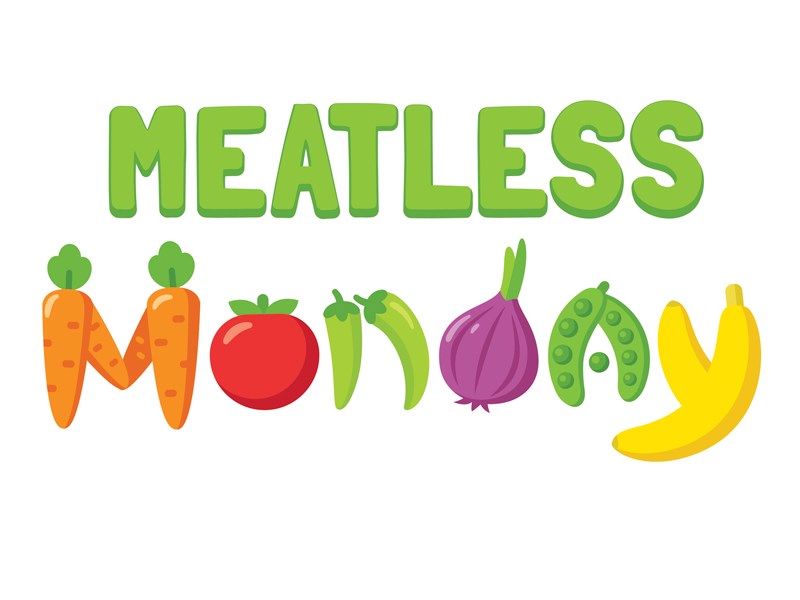When it comes to lessening our collective eco-footprint there is much work to be done. It’s unfortunate and unrealistic to suggest we should be making efforts in just one area when in order to truly have an impact we need to affect change across the board.
The Meatless Monday Project aims to shed light on one important area. If we lived in a bubble and consumed only food that was locally grown it might make sense to consider only local statistics. But we don’t and greenhouse gases don’t recognize borders.
When we eat animal products produced outside of Powell River, as many of us do every day, we are part of a wider impact and we must recognize that.
I have been criticized for using statistics from a 2006 United Nations report: Livestock’s Long Shadow (“Letters: Focus on transport sector,” March 7]. I did so because it is a landmark study on the topic of climate change and frequently referenced. However, in response I’d like to reference a 2013 update from the Food and Agriculture Organization of the UN, called Tackling Climate Change through Livestock, to emphasize these statistics have not been dismissed, and are not insignificant: “Total emissions from global livestock: 7.1 Gigatonnes of Co2-equiv per year, representing 14.5 per cent of all anthropogenic GHG emissions. This figure is in line with FAO’s previous assessment, Livestock’s Long Shadow, published in 2006, although it is based on a much more detailed analysis and improved data sets.”
Statistics cited may differ based on what they include, for example emissions associated with the production of feed consumed by livestock. However, there is plenty of evidence-based data demonstrating the tremendous impact animal agriculture is having on our planet.
The November 2015 Chatham House report: “Reducing global meat consumption critical to achieving global climate goal,” and the EAT-Lancet Commission on Food, Planet, Health from January 2019 are two other recent resources that confirm the UN statistics.
On a local note, in the 2018 ecoCity Footprint Tool report initiated by Climate Action Powell River Society (CAPR), food consumption represented 35 per cent of our footprint with fish, meat, eggs and dairy responsible for 72 per cent of food’s impact. It is irresponsible and dangerous to deny the consumption of animal products is a real part of our climate change picture. That is not to say animal agriculture is all we need to focus on. In fact, CAPR is working to raise awareness about a number of relevant issues.
Meatless Monday has been adopted in more than 40 countries, and New York City recently committed to implementing the initiative in all their schools for the health of students and the environment.
This campaign is the beginning of a shift in awareness, and I’m proud that Powell River is a part of it. Not everyone is going to participate and that is their prerogative. But it’s time to stop arguing and start taking action.
Emma Levez Larocque is a Powell River area resident.



